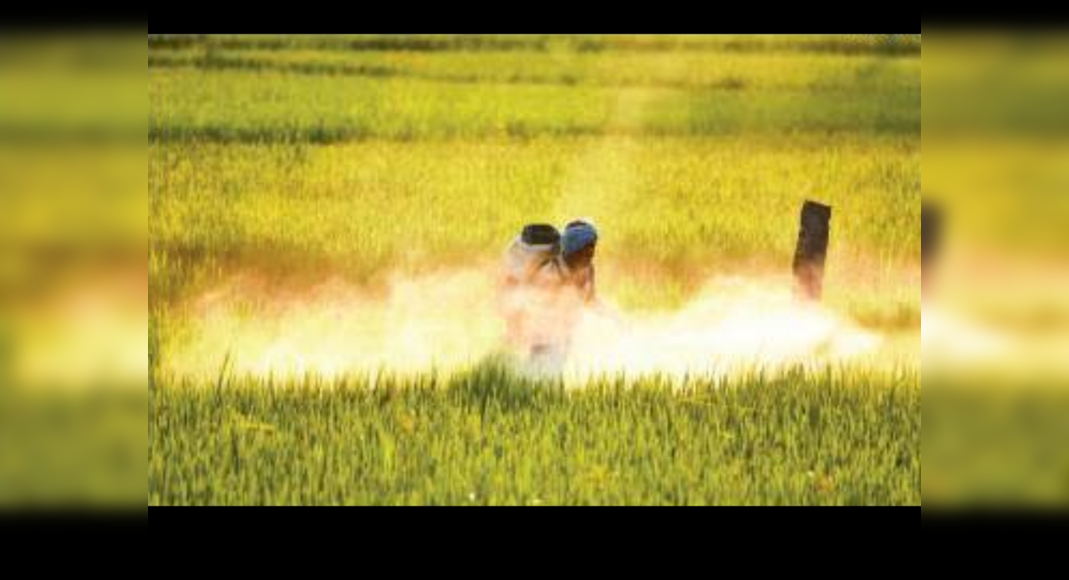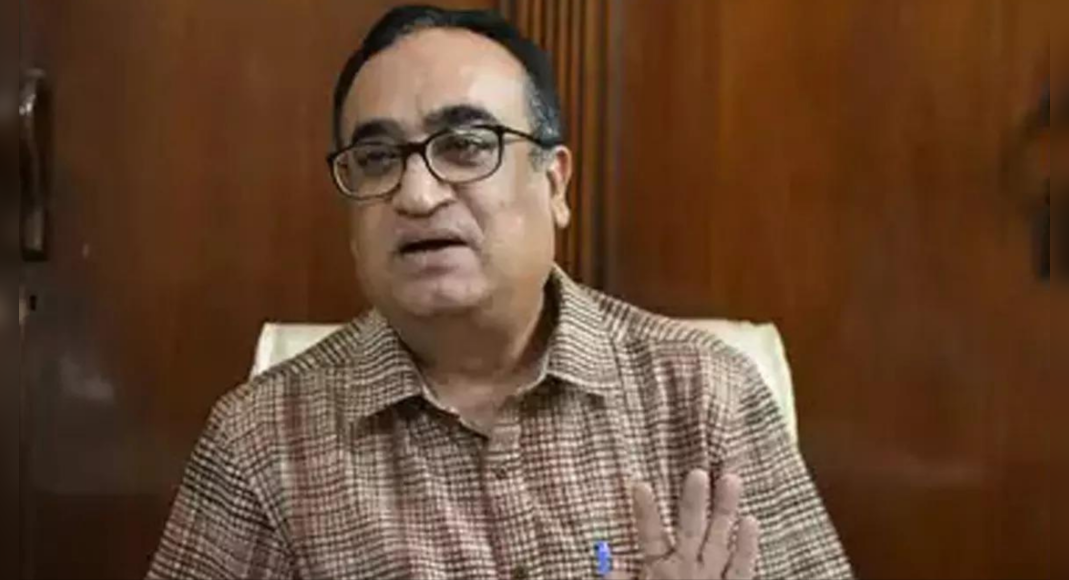PATIALA: The Punjab Pollution Control Board (PPCB) and state agriculture department will continue the trials of a microbial decomposer to take care of paddy stubble for the second year in a row.
This is because trials last year, conducted by PSPCL and state agriculture department, did not yield satisfactory results.
While the state department found the method unviable, PAU — which has been conducting a separate experiment — could not find any additional advantage of its use.
The method has been suggested to bring down incidents of stubble burning in Punjab.
Punjab agriculture joint director (inputs) Baldev Singh said, “Results were not satisfactory as the operation of decomposition of paddy stubble with the application of microbial decomposer is time-consuming and takes 45 days.
Farmers would have been satisfied if the period was 15 days.
Moreover, farmers would have to spend Rs 2,500-3,000 per acre for the management of paddy stubble by preparing and spraying decomposer and using Rotavator for stubble incorporation and then irrigate the field.
Different methods were applied to manage stubble.
After the first year of testing, we are not convinced to recommend farmers to adopt this technique, but we have decided to continue the experiment for the second year.
We will try persuading farmers to conduct trials on their fields.” Last year, PPCB had carried out the trial with a Delhibased NGO.
The trial was carried out in around 350 acres of agricultural land of Patiala, Ropar and Fatehgarh Sahib and some part of Ludhiana district.
PPCB chairperson S S Marwaha said there were positives too.
Carbon increased in the soil, and there was improvement in soil fertility and water retention capacity.
“Last year, around 100 farmers were made part of the trial and around 300 volunteers were recruited by PPCB at honorarium of Rs 5,000 each to accompany or assist these farmers in decomposing the stubble.
We will try to convince same farmers for the second-year trial and may also increase the area of trial,” he said.
Ajay Malik, project manager of India Paryavaran Sahayak (IPS) Foundation, said soil testing was done on four parameters, including organic carbon in the soil, soil moisture retention, weight loss of soil, and microbial count increase.
PAU has also conducted experiments for two years where microbial consortia developed by the varsity and some other organisations was evaluated under paddy straw incorporation conditions.
The idea was to see if microbes could confer advantages in term of crop health and productivity.
PAU additional director (natural resources and plant management) P P S Pannu said, “Experiments, however, showed that addition of microbial consortium along with soil incorporation of paddy straw does not result in any added advantage.
Resident microflora of soil is sufficient for decomposition of incorporated crop residue and yield levels in fields with and without added microbes was similar.
The advantage of paddy straw retention in the field are, however, quite clear.
It has been observed that continuous incorporation of paddy straw (without use of any consortium) in our experiment gives yield advantage to the rice-wheat system starting from fourth year and the increase was nearly 10% after 8 years.
Further, urea application can be reduced by 20% in addition to improving physical and chemical properties of soil.” He added there were no plans so far to continue the experiments.







